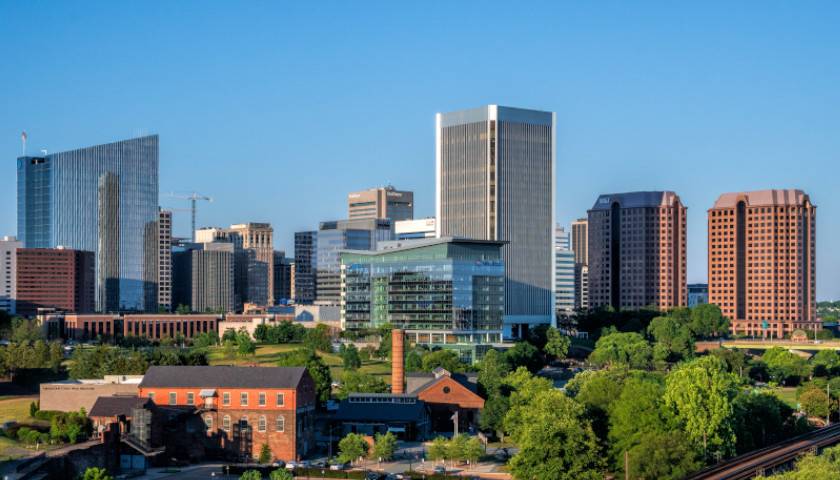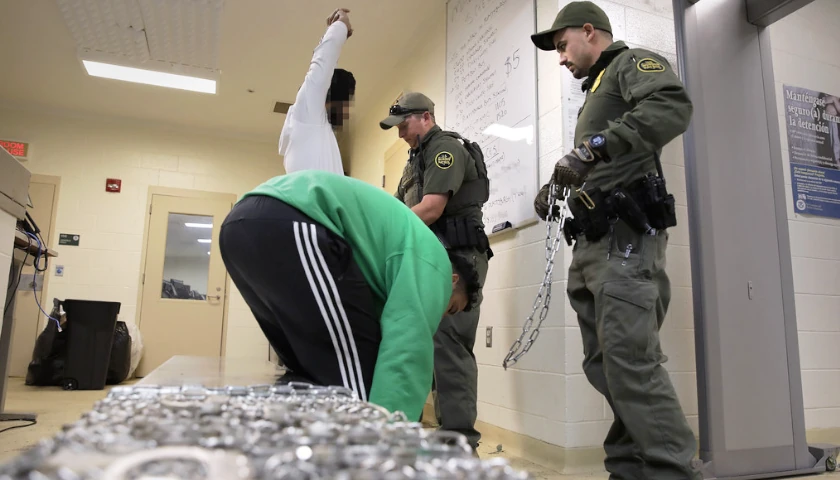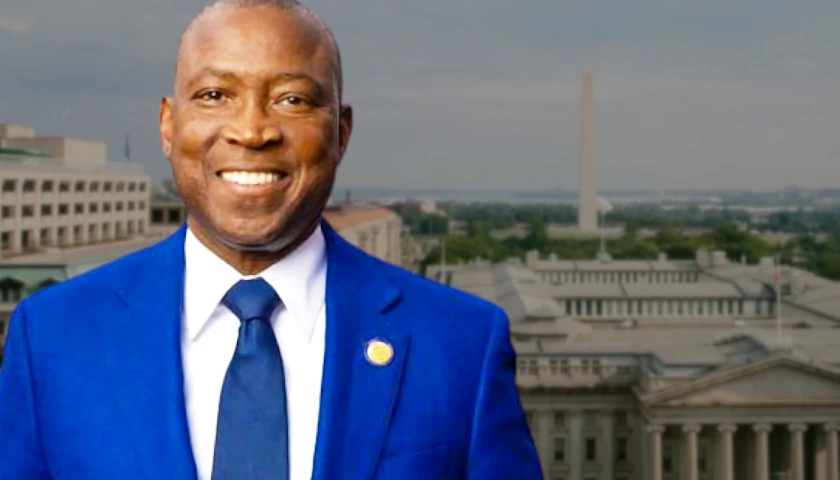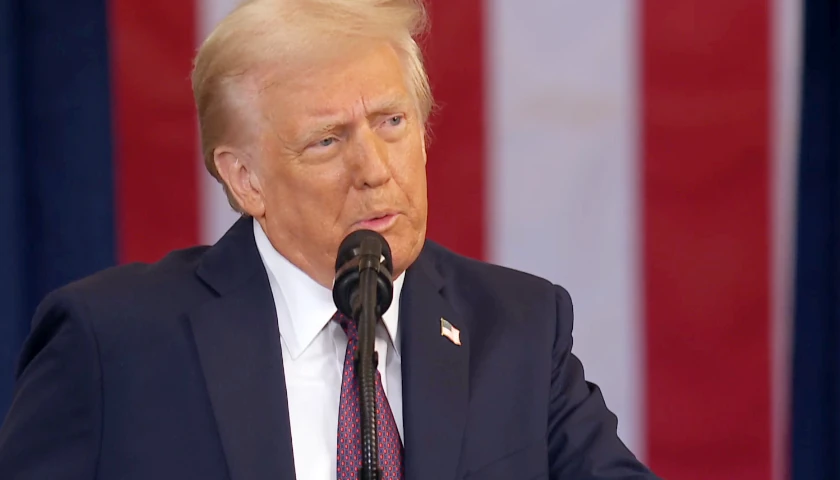by Morgan Sweeney
A study has yielded mostly positive results on the initial phase of Richmond, Virginia’s guaranteed income program.
The University of Pennsylvania Center for Guaranteed Income Research recently released a report on the city’s first cohort of participants in its pilot guaranteed income program.
The program targets employed low-income residents who no longer qualify for federal assistance but struggle to make ends meet.
Though the program is ongoing, the study covered its first cohort: 18 working individuals with at least one child living at home making more than $12.71 per hour, the “full-time wage federal benefits threshold,” according to the Guaranteed Income Pilots Dashboard.
Each participant received a $500 no-strings-attached direct cash benefit every month for two years and had the opportunity to attend financial literacy classes.
The study shared the story of Tom, a 42-year-old truck driver, who utilized the money to pay down debt, save for emergencies and has been able to start saving for retirement.
“I’m financially stable. And confident. Yeah, I’m very proud of myself,” he said.
Of the 18 program participants, five did not participate in interviews. Of the 13 that did, the program enabled some to quit a supplemental part-time job and focus instead on further education, earning a certificate, or working toward a degree in hopes of obtaining a better job. Others were able to improve their credit or keep up with their car payments, ensuring reliable transportation to work.
The Richmond Resilience Initiative started in October 2020, following an earlier program in Stockton, Calif. In 2019, Stockton Mayor Michael Tubbs announced the inauguration of the Stockton Economic Empowerment Demonstration, or SEED, the first mayor-led pilot guaranteed income program.
Tubbs then founded a network for mayors, who believe that “all Americans [should] have an income floor” and that “financial freedom is something we all deserve,” according to a Nevada mayor. Richmond Mayor Levar Stoney is a member of that network.
However, the Richmond Resilience Initiative deviates from Mayors for a Guaranteed Income’s statement of principles, requiring participants to be employed and not receive federal assistance. The group advocates for a truly “unconditional” program.
“WHEREAS, we live in a time of pandemics and climate disruptions, and everyone deserves an income floor through a guaranteed income… It is unconditional, with no strings attached and no work requirements. A guaranteed income is meant to supplement, rather than replace, the existing social safety net and can be a tool for racial and gender equity,” the group’s statement reads.
In other ways, the program embodies the movement’s principles, like “invest[ing] in narrative change efforts to highlight the lived experiences of economic insecurity.” MFAGI stresses that “income inequality” is often a result of systemic injustice – often racially motivated – that keeps the poor from escaping a cycle of poverty.
Though Richmond’s Black population once endured slavery, Jim Crow laws and other racist practices like redlining, the study maintains that today, “structural constraints” still stand in the way of black success. It also notes that pilot participants tended to blame themselves for not reaching their financial goals rather than those constraints.
“Pilot participants tended to express a sense of individual blame – that they were responsible for their failure to achieve — rather than acknowledging pervasive structural racism and the ways in which it limited opportunities,” the study reads.
By the time the Initiative concludes, it will have provided a direct cash benefit to 94 people at an estimated cost of about $1.1 million. Like many other guaranteed income pilots, the Initiative was partly funded by COVID relief dollars from the American Rescue Plan Act. The initial 2020 pilot also received support from MFAGI, the Robins Foundation and the Richmond Memorial Health Foundation.
The program is now in its third cohort, according to a recent press release, and the city has set aside $500,000 of its 2025 budget to continue the program. The program is slated to end in May 2025, according to the Guaranteed Income Pilots Dashboard.
– – –
Morgan Sweeney is a staff writer covering Virginia and Maryland for The Center Square.
Photo “Richmond, Virginia” by Bruce Emmerling CC BY-SA 4.0.




